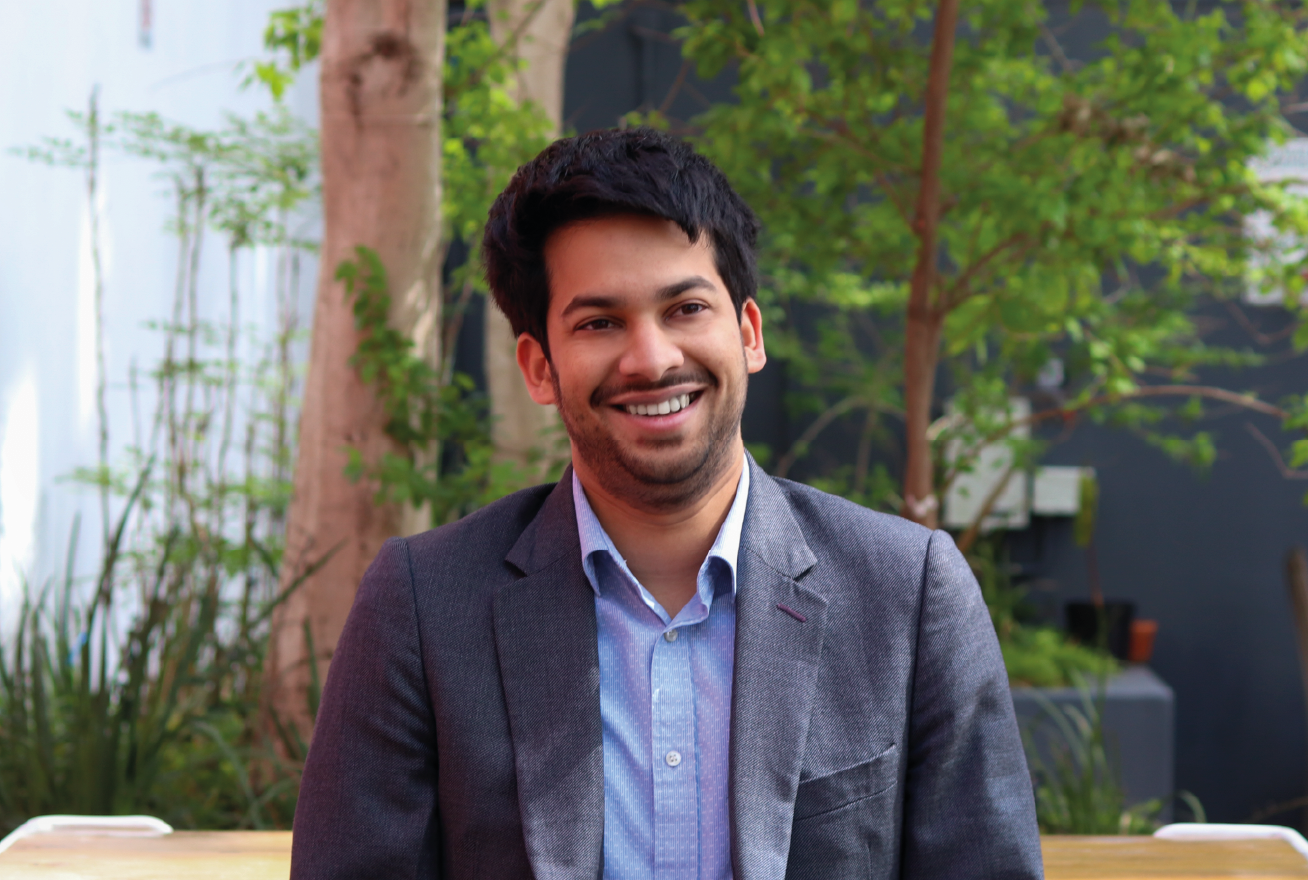
A computer science education company started by Riaz Moola has partnered with universities worldwide
A computer science education company founded by a Gates Cambridge Scholar has gone from strength to strength, partnering with universities across the world and earning plaudits from a UK minister for its work in driving up digital skills.
HyperionDev was founded by Riaz Moola as an online coding bootcamp based in South Africa. It has since scaled to reach over 40 countries. After meeting its latest fundraising target it rebranded as CoGrammar while retaining the name HyperionDev for its online coding bootcamp product which enables students to study online to change careers to software development in under six months. CoGrammar sources, trains and integrates expert code reviewers into coding bootcamp education programmes globally. It believes human review of code is essential to ensure aspiring developers understand how to write code that isn’t just correct, but is fluent and at an industry quality level.
Its recent graduate outcomes report, based on the experience of thousands of graduates, found that 88% of its graduates secured an offer of a new job within six months of completing its bootcamps, enjoying a median salary increase of 178%.
The edtech startup – incubated by the London Co Investment Fund, the University of Cambridge’s Social Ventures and Edinburgh University’s Launch.ed programmes – has expanded quickly since partnering with top universities across the UK, South Africa and the USA. Its most recent partners include Johns Hopkins University and the University of Texas. The expansion has been driven by a nearly $30 million capital injection enabled by several successful fundraising rounds from key existing investors, including Facebook, Google and the Python Software Foundation, and its year-on-year growth in students and impact.
Riaz [2014] did his MPhil in Advanced Computer Science at the University of Cambridge. He started HyperionDev while he was an undergraduate and developed it during his master’s. Cambridge’s Judge Business School helped to incubate it in its early days.
The social enterprise was the result of Riaz’s experiences at university in South Africa where he was confronted by the huge differences in educational opportunity, particularly in his own subject, Computer Science. Inspired by MOOC platforms such as Coursera, he created an online course platform adapted to Africa which paired tutors – typically Computer Science graduates – with students trying to learn programming through a low-bandwidth, text-based resource. The aim was to lead a national initiative to revolutionise the fields of Computer Science and software development in South Africa. While in the UK he developed the international reach of the platform.
In addition to its paid-for courses, HyperionDev works with local and national governments around the world to ensure underrepresented students can study on its bootcamps free of cost or at a highly subsidised rate. For this work, the company was recently recognised by the UK’s former Minister for Skills, Apprenticeships and Higher Education, Luke Hall, who stated: “Bootcamps are helping develop the workforce of the future by delivering vital training to adults across a range of sectors, including digital. These courses are popular with potential employees, employers and HM Treasury alike and, owing to the success of the policy and in light of continued appetite for the Bootcamps model, the government has ramped up the number of Bootcamp places available. HyperionDev is making a vital contribution in helping drive up digital skills across the UK and we are delighted that they are supporting our ambitions to upskill the UK workforce.”
*To learn more about HyperionDev’s bootcamps worldwide visit their website at hyperiondev.com or email them at admissions@hyperiondev.com. To read more about what inspired Riaz to set the company up click here.












